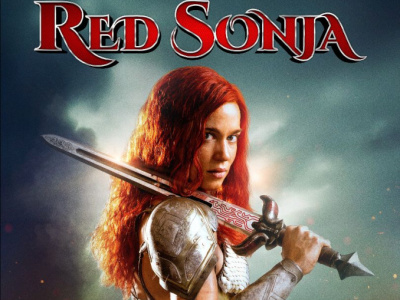Executives of the Disney Company and Marvel Studios are making the rounds in an effort to blunt the impact of an investigative piece in today’s Financial Times by Matthew Garrahan that paints a very unflattering portrait of Issac Perlmutter, the reclusive 69-year-old former head of Marvel, who became Disney’s second-biggest shareholder (behind the Steve Jobs Trust) when the Mouse House purchased Marvel for $4 billion.
Garrahan begins by pointing out that the tremendous success of The Avengers has erased the considerable skepticism that Disney paid too much for Marvel, but he points out that although the deal has been a great match-up in terms of corporate synergy and bottom line financial success, there remains a considerable culture clash between the penny-pinching Marvel ethos (Perlmutter fashions office notepads out of individual sheets of waste paper) and the indulgent Hollywood attitudes that Disney brought to the partnership.
In some sense this is a real “who’s in charge here” scenario since as one disgruntled Disney employee told the FT, "Usually when a company takes over another its culture prevails, but in this case it was the other way around."
Perlmutter was reportedly behind the ouster of Rich Ross as the head of the Disney studio (see "Marvel CEO Helped Push Out Ross") that happened earlier this year in the wake of the financial failure of John Carter, but according to Garrahan, Perlmutter’s influence was felt most keenly earlier in the Consumer Products division where his interest in merchandising and toy licensing had led him to exert his influence and bring about wholesale changes that happened a year ago and are only now being exposed to the general public. Andrew Mooney, who came to Disney from Nike in 2000 and headed up the consumer products unit, left the company after repeated run-ins with Perlmutter. According to the FT, Mooney favored long-term deals with licensees and steady income streams, while Perlmutter wanted short term agreements with big advances.
But if this were just an intra-company argument about strategic direction, it wouldn’t be the story that it is. In addition to Mooney, three African-American female executives, who reportedly began referring to themselves internally as "The Help," in a nod to the Disney-produced film about racism in Mississippi in the 1960s, all resigned from Disney Consumer Products and hired lawyers. Reports indicate that at least one of the three has filed a formal racial harassment complaint with Disney Human Resources. According to Deadline, Disney has just settled with the second of the three former execs and is trying to wrap this up quickly to avoid further publicity.
The FT reports that Perlmutter bragged to Mooney about how Marvel had saved money by replacing Terrance Howard with Don Cheadle in Iron Man 2 and "that no one would notice because black people all look the same." Disney spokespeople vigorously deny that Perlmutter is a racist, and they point to both Disney and Marvel’s records on diversity issues. Deadline’s Nikki Finke reports being lobbied personally by Marvel sources who phoned her to dismiss notions of Perlmutter as a racist as "preposterous," while citing, in what has to be seen as pretty weak tea as far as alibis go, the fact that he is an immigrant from a different generation, who is known for his blunt speech.








